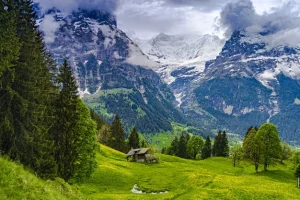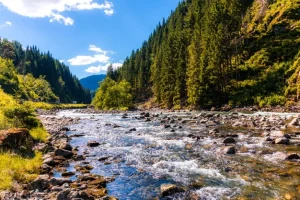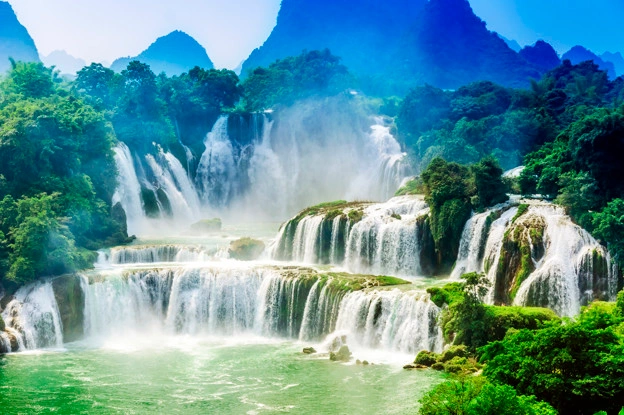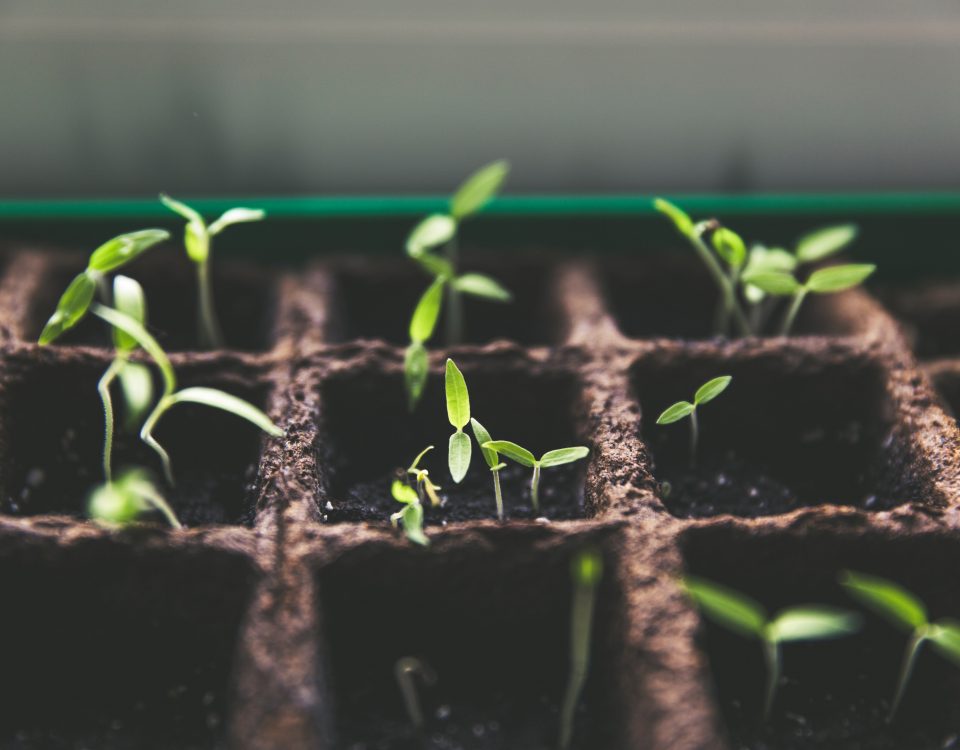
DIY gardening hacks/ideas
September 8, 2021 Humans have evolved as a species in nature. Our ancestors’ roots were firmly planted in the nutrient-dense environment of the wilderness. Until recently in our evolving history, we had a strongly spiritual connection to the Earth, with many of our forefathers claiming no division between themselves and the natural world around them. Nonetheless, we’ve been significantly separated from nature over time, with more than half of the world’s population now living in cities. Furthermore, most of us are constantly assaulted with artificial things like phone calls, social media notifications, and email notifications. Living outside in our modern world often entails managing man-made external factors such as roadways, continual noise, and a flood of unnatural light, commercials, and so on. The goal of “Nature Therapy” is to reconnect with our natural roots. It’s about indulging in therapy in an environment that removes much of the noise of our normal, hectic lives and reconnecting with something lost within ourselves. Let’s look at some of the research behind therapy in a natural setting and why it can be just what you need to start healing from mental disease caused by contemporary living. 


What Science Says About Nature’s Therapy?
Nature therapy may appear to be an unusual, even fringe, alternative style of therapy. Nothing more than a stroll in the woods. Nature therapy (or ecotherapy/wilderness therapy, as it is also known) has been thoroughly investigated and recorded for its positive effects. Nature time has been related to relaxation and immune system healing, a reduction in anxiety and rumination, stress recovery, and even increased cognition. A fast Google search can yield even more information and support for nature in all sectors of physical and mental wellness. Even if it was not technically linked into psychotherapy until the 1990s, ecopsychology has been practiced for hundreds of years all over the world. In fact, the Japanese name it “Forest Bathing,” or Shinrin-yoku, and it is a part of most Japanese people’s daily lives. It is also commonly believed that, together with a good diet and other variables, this cultural importance of time in nature is one of the key reasons Japan has one of the world’s longest life expectancies.


